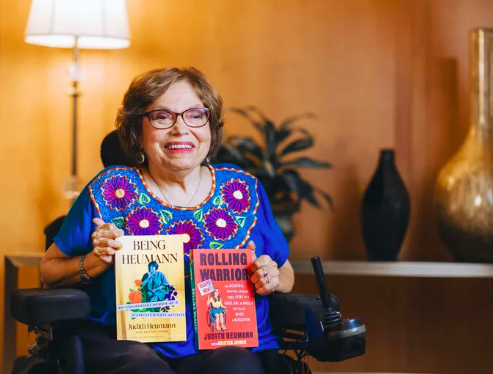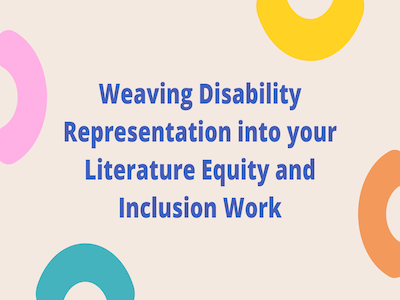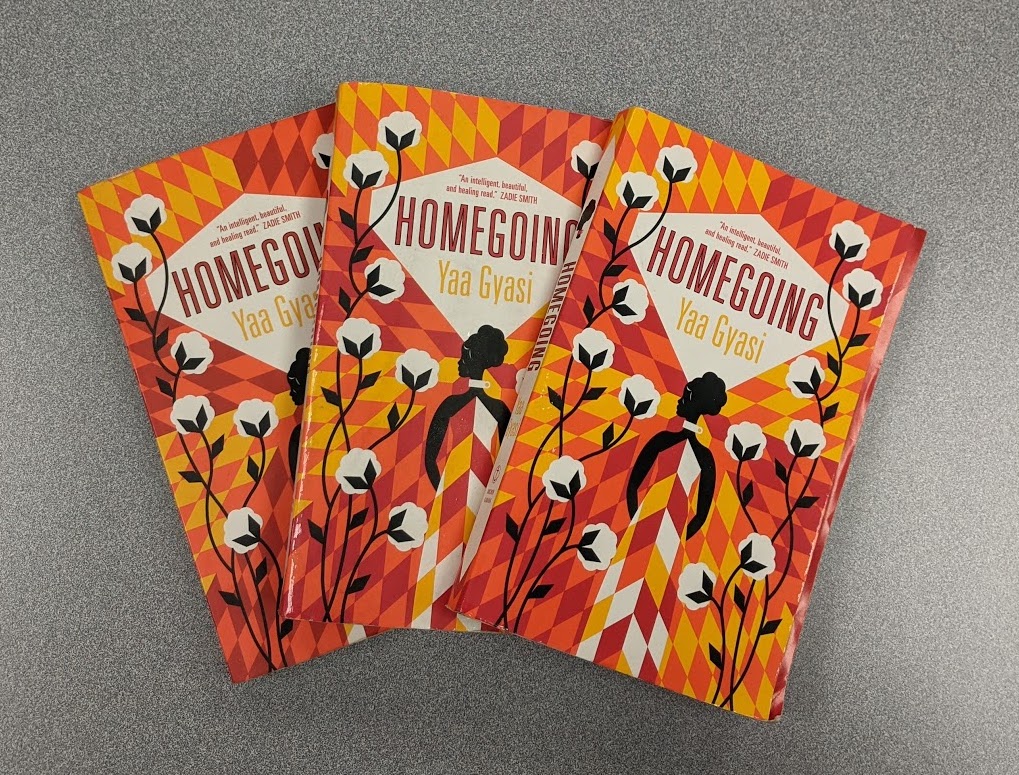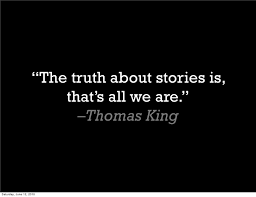- Looking for resources to weave disability representation into your literature equity and inclusion work?
- Interested in receiving a free class set of books by disability justice warrior, Judith Heumann? (first come first serve, read below to find out more!)
- Are you a middle and/or high school teacher of English Language Arts, humanities, social studies, civics and/or Special Education?
Facing History & Ourselves’ 2022-23 All Community Read will be a collective journey of transformation supported by an educator workshop and author event. We will engage in conversation around the young adult and adult versions of Judith Heumann’s memoirs:
Read More
Topics:
Books,
English Language Arts,
Professional Development,
Online Workshop,
ELA,
Community,
English Classroom,
English,
Disability education,
book club
“Either way, the fact that you are here at all changes everything. Because this - you and me, looking at these stories together - this is one of the most beautiful parts of being a human; the drive to connect and understand, heal and blossom. This is the kernel that takes my breath away; the piece that I want to hold on to.”
Read More
Topics:
Books,
English Language Arts,
ELA,
English Classroom,
English,
Disability education,
book club
Choosing a piece of literature for your course is an important decision. Take a moment to reflect on the very small number of books you will have the opportunity to introduce to your students in any given year. Stories have the potential to help students understand different perspectives, question their surroundings, and build empathy in meaningful and communal ways. With such an important role to play, these are some of the questions we encourage you to consider when deciding how to develop a course and which texts to teach:
Read More
Topics:
To Kill a Mockingbird,
Books,
English Language Arts,
English Classroom,
Literature,
English
This blog post is the 2nd in a multi-part series. Natalie Steele, an educator with Peel District School Board in Ontario, will be sharing additional resources and strategies for your classroom over the next few months on the topics of Black identities, humanizing stories, amplifying missing voices in the curriculum, and correcting the systemic abuses of history in schooling.
Why Historical Fiction?
One challenge when studying the history of marginalized peoples is often the histories of these groups have a limited amount of primary source materials available for research to draw from compared to the prolific amount of Eurocentric sources. In your search to find primary sources that help students to connect to the humanity of those held in bondage in an inhumane system, you may encounter many barriers, like language, accessing the actual resource because it's no longer in print and/or digital versions are not available, and/or the only copy available is far away with limited access.
Read More
Topics:
Books,
English Language Arts,
Reading,
English Classroom,
English,
Reading List,
Black History
Looking for a closing activity before the holiday break?
We have all felt the overwhelming impact of 2020 in our own ways. As stated in a viral tweet made in April by Damian Barr (@Damian_Barr), “We are not all in the same boat. We are all in the same storm. Some are on super-yachts. Some have just the one oar.” Each of us has uniquely been affected by this unprecedented moment in history.
Read More
Topics:
English Language Arts,
English Classroom,
reflection,
English,
Holiday lesson,
pandemic
Claire Ahn, an Assistant Professor of Multiliteracies in the Faculty of Education at Queen’s University, provides a framework to engaging students in film analysis (in the classroom and online) as well as access to film units and resources.
Facing History's 'Close Viewing Protocol' is also a great resource that explores questions surrounding what the filmmaker is trying to convey, the choices the filmmaker has made, the role of images, narration, editing, and sound, and what the film’s purpose might be.
Read More
Topics:
English Language Arts,
Film,
Innovative Classrooms,
Online Learning,
Lesson Ideas,
English Classroom,
Tech Innovation,
Facing Canada,
Digital Learning,
Creative
This fall, after a suggestion from Jasmine Wong from Facing History and Ourselves, I decided to explore The Truth About Stories: A Native Narrative, by Thomas King with my grade 11 English students. I was familiar with the text but it would be the first time I would be using it in my classroom. When I was in school we were rarely encouraged to be critical thinkers and we certainly were not encouraged to seek out the stories that make up our land. My goal was to learn with my students and explore and make connections. I was going to use the idea of the Oral Story as my jumping off point.
Read More
Topics:
English Language Arts,
Residential Schools,
Truth and Reconciliation,
English Classroom,
stolen lives,
settler educators



%20copy-May-11-2021-01-41-46-94-AM.png)


.png)

